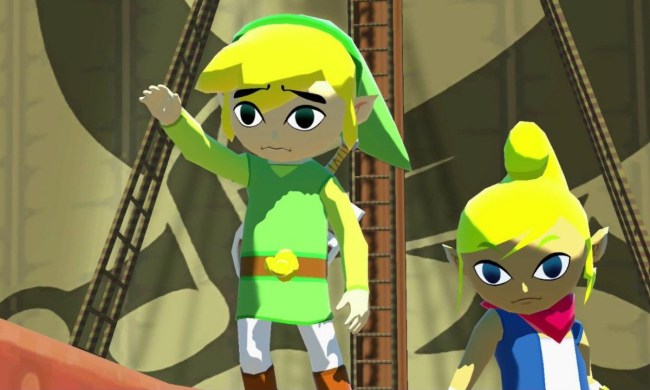
Shocker: All the parts in your iPhone and your Nintendo 3DS come from somewhere. They are not, no matter what Apple’s shiny commercials tell you, magic. People dig metals, minerals and other goods out of the ground, refine them, and they are used in the production of electronic products. Many of those minerals like tin and tungsten are cultivated in the war ravaged Democratic Republic of Congo and the ceaseless conflicts in that nation are over control of those resources.
The Enough Project, an advocacy group backed by the Center for American Progress, released its 2012 Conflict Minerals Company Rankings this week, giving a score to electronics companies based on how well they work to not use minerals seized through violence. Intel and HP lead the pack, but coming in dead last is Nintendo.
“Nintendo is, I believe, the only company that has basically refused to acknowledge the issue or demonstrate they are making any sort of effort on it,” Enough Project senior policy analyst Sasha Lezhnev told CNN on Thursday, “And this is despite a good two years of trying to get in contact with them.”
Nintendo released a blanket statement to CNN placing the responsibility of sourcing materials on Nintendo’s manufacturing partners, not the company itself. When Digital Trends reached out to Nintendo for comment, we received the same statement. “Nintendo outsources the manufacture and assembly of Nintendo products to our production partners and therefore is not directly involved in the sourcing of raw materials that are ultimately used in our products. We nonetheless take out social responsibilities as a global company very seriously and expect our production partners to do the same.”
Like many companies, Nintendo established a set of guidelines its production partners need to agree to called the Nintendo CSR Procurement Guidelines. Nintendo did not however go into any detail on how it ensures that these guidelines are followed. The “Honor System” isn’t exactly foolproof.
This isn’t the first time in recent years Nintendo’s been accused of socially irresponsible corporate policy. In 2010, Greenpeace named Nintendo the least green electronics manufacturer in the world. Plus, that was an improvement from reports in 2008 and 2009.
For every effort that Nintendo makes to appear as family friendly as possible—from restricting the western release of games like Mother 3 it deems potentially offensive to insisting on byzantine online friend networks through Friend Codes—it’s shocking how willful the company is in its disregard for socially conscious business.


